The colorful European nation of Portugal definitely knows how to welcome new arrivals. With delicious cuisine, friendly locals, and Instagram-ready scenery at every turn, you’ll soon feel at home. But whether you’re moving to Porto, Portimão, or the stunning Ilha do Pico, there are a few things you’ll need to do during your first week in Portugal to help you settle in.
As any seasoned expat will tell you, the first few days in a new country can be something of a rollercoaster. And laid-back Portugal is no exception. After all, whether it’s finding your nearest Portuguese supermarket or knowing which tram takes you to the waterfront, navigating everyday life in your new home can be a challenge. So to help you out, here are 10 things you should do during your first week in Portugal.
Airbnb
Looking for a home away from home in Portugal? Airbnb is a global online community offering accommodation and experiences. They have a selection of over 6 million unique properties available through their secure booking service. So, whether you're moving to Lisbon, Porto, or elsewhere, Airbnb has the right short-term let for you.
1. Find your new Portuguese home
Once you’ve set foot on Portuguese soil, you’ll need somewhere to rest your head that evening. Some new arrivals will be lucky enough to have their accommodation sorted before their first week in Portugal, whether this is arranged by their company or booked ahead of time as part of their moving checklist. However, if you wait until you arrive in Portugal, you still have options. For a short-term fix, for instance, you may consider renting a serviced apartment, which you’ll find plenty of in Portugal’s bigger cities. Alternatively, a holiday home is a great option to tide you over, and you’ll find these dotted throughout the country.
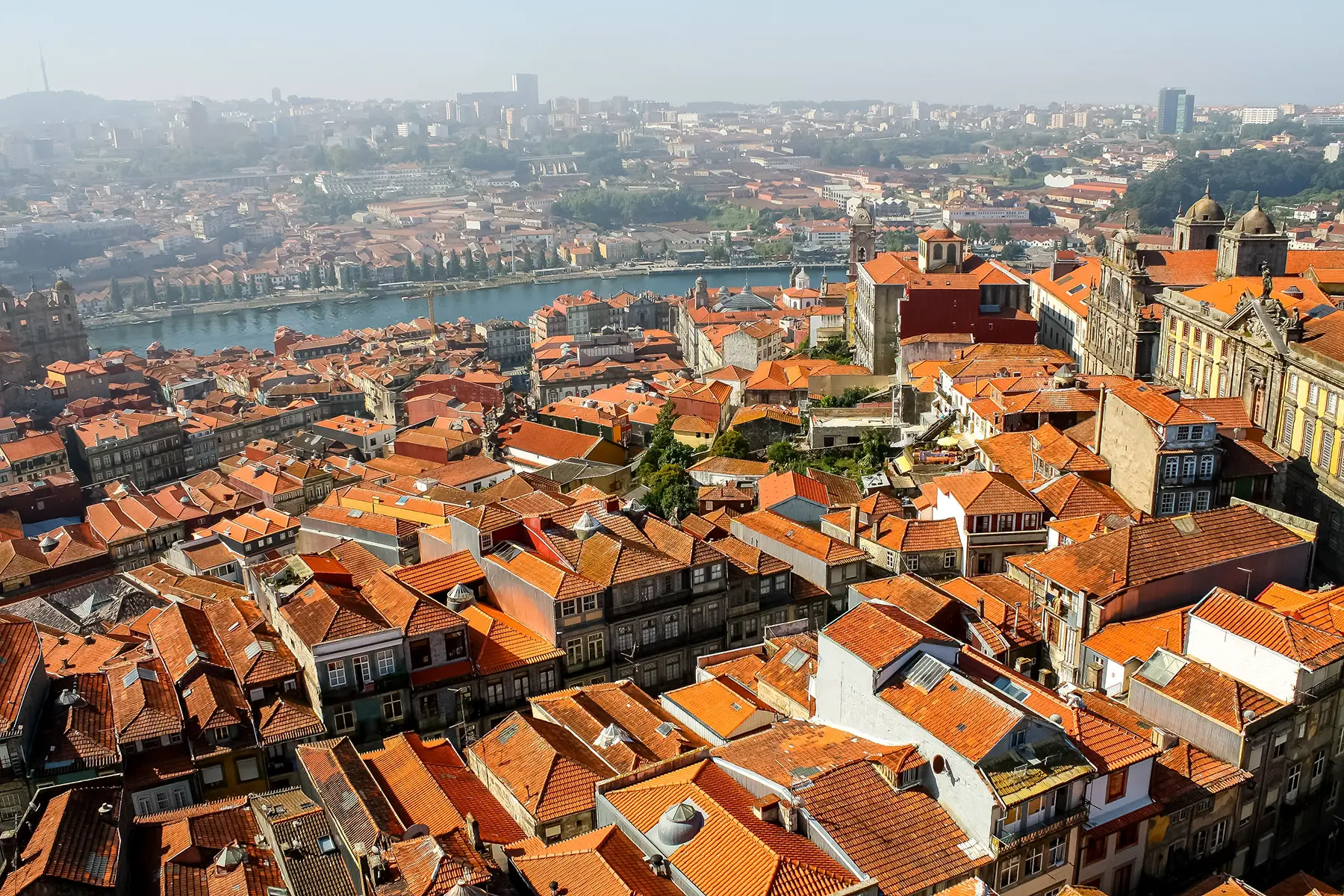
If you’re looking for something a little more permanent, though, you might want to consider renting a property in Portugal. While rental prices vary significantly across the country, you can expect to pay more in cities such as Lisbon and Porto, as well as some of the more sought-after resort towns. But if you’re thinking about buying a home in Portugal, you’ll need to do a little more research. A good place to start is the online property portals, as well as a local estate agent who may be able to help you with the process. The following sites can also get you started:
2. Register with the authorities
Some new arrivals to Portugal need to register with the local authorities. However, this depends on your situation, so make sure to do your research ahead of time. For example, EU/EEA citizens moving for less than three months are not required to register. However, those planning a longer stay will need to meet certain conditions and apply for a registration certificate within four months of arriving. Meanwhile, non-EU/EEA citizens may need to register with the Portuguese Agency for Integration, Migrations, and Asylum (Agência para a Integração, Migrações e Asilo – AIMA) within three working days of arrival. At the very least, you’ll likely need a residency permit for a longer stay
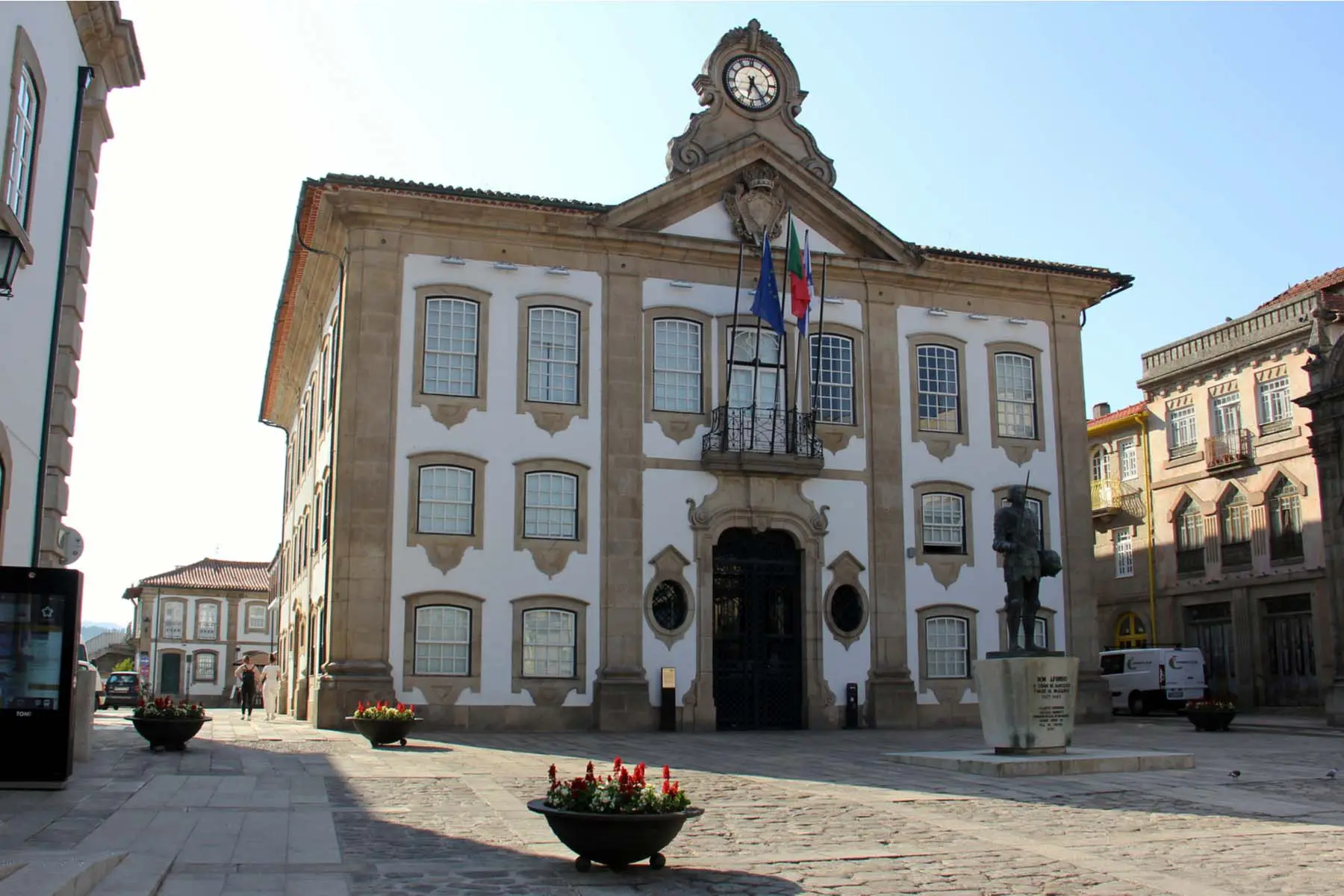
Depending on your situation, you may also want to apply for a Portuguese fiscal number (numero de identificação fiscal or NIF) during your first week in Portugal. This is essentially your tax identification number. However, this number is not a legal requirement and you won’t get in trouble for not having one. That said, without a NIF, you won’t be able to do a whole host of things, such as pay your taxes, sign up for home internet, or even get food delivered from your local supermarket. A great way to make getting your NIF easier is to use an online service such as Bordr.
3. Sign up for health insurance
If you’re new in Portugal, you’ll probably want to find out about the local healthcare system. Portugal has a state-operated system that functions in a similar way to the UK’s NHS. Once you have received your NIF, you will find it easy to sign up with a local health center for treatment. However, many expats relocating to Portugal choose to take out private health insurance instead. There are several global insurance providers that offer policies that are tailored to the expat market, including:
For more information on finding coverage and signing up, read our guide to health insurance in Portugal.
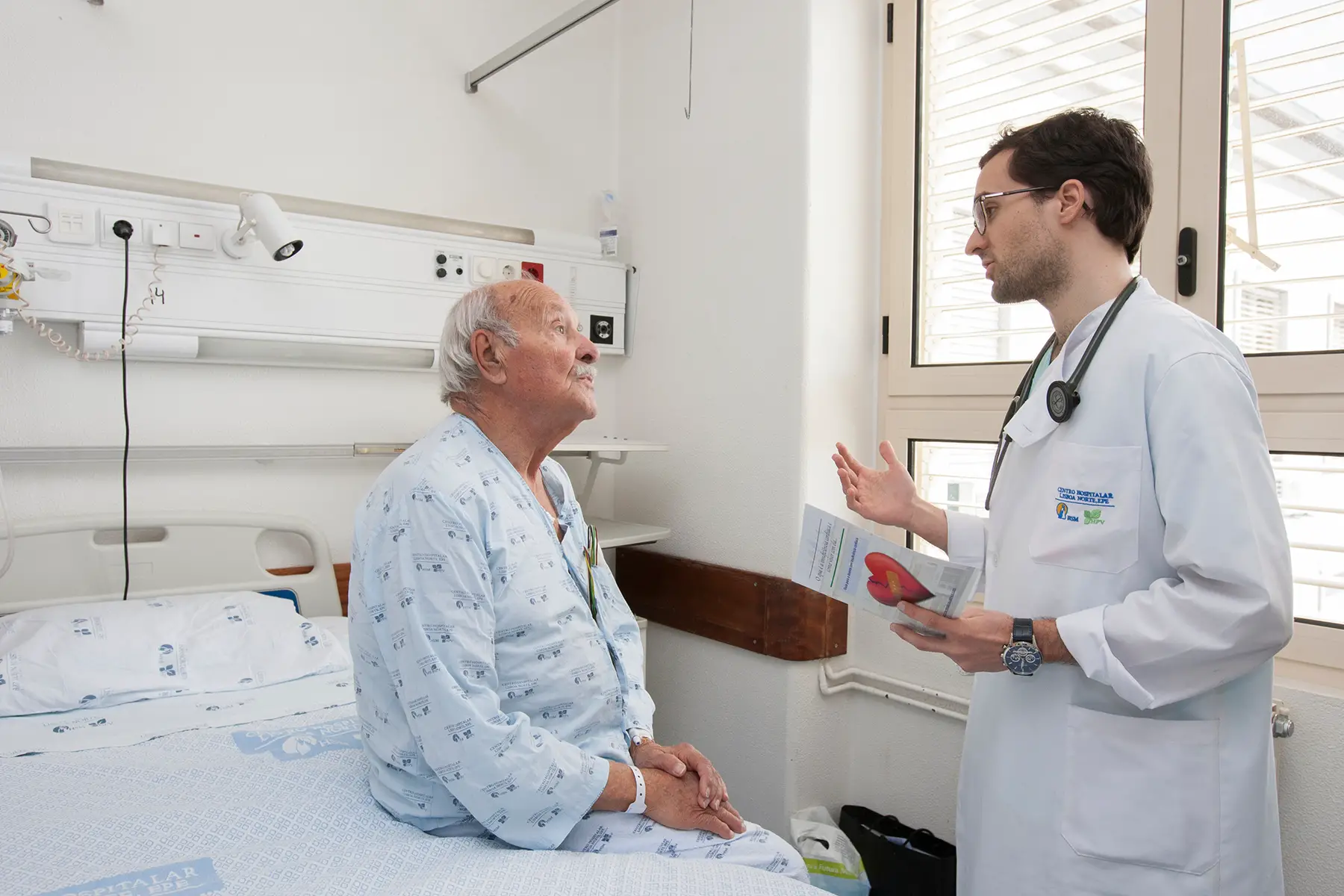
And it’s not only the health of you and your family that you will need to consider during your first week in Portugal, either. Indeed, there are a number of other insurance products that you might want to consider. For example, if you’re going to drive in Portugal, you’ll need car insurance. You might also want home insurance for your house, including both building and content cover. Depending on your circumstances, there are other insurance policies you may wish to consider, too. To give you an idea, read our guide to insurance in Portugal.
4. Open a Portuguese bank account
One way to make your life a little easier during your first week in Portugal is by opening a Portuguese bank account. Whether you’re setting up your Portuguese SIM card or getting your first paycheck from your brand new job in Portugal, having a local bank account will make things simple. It will also help if you choose to treat some new friends to some beers or take the kids to see your local football team in action.
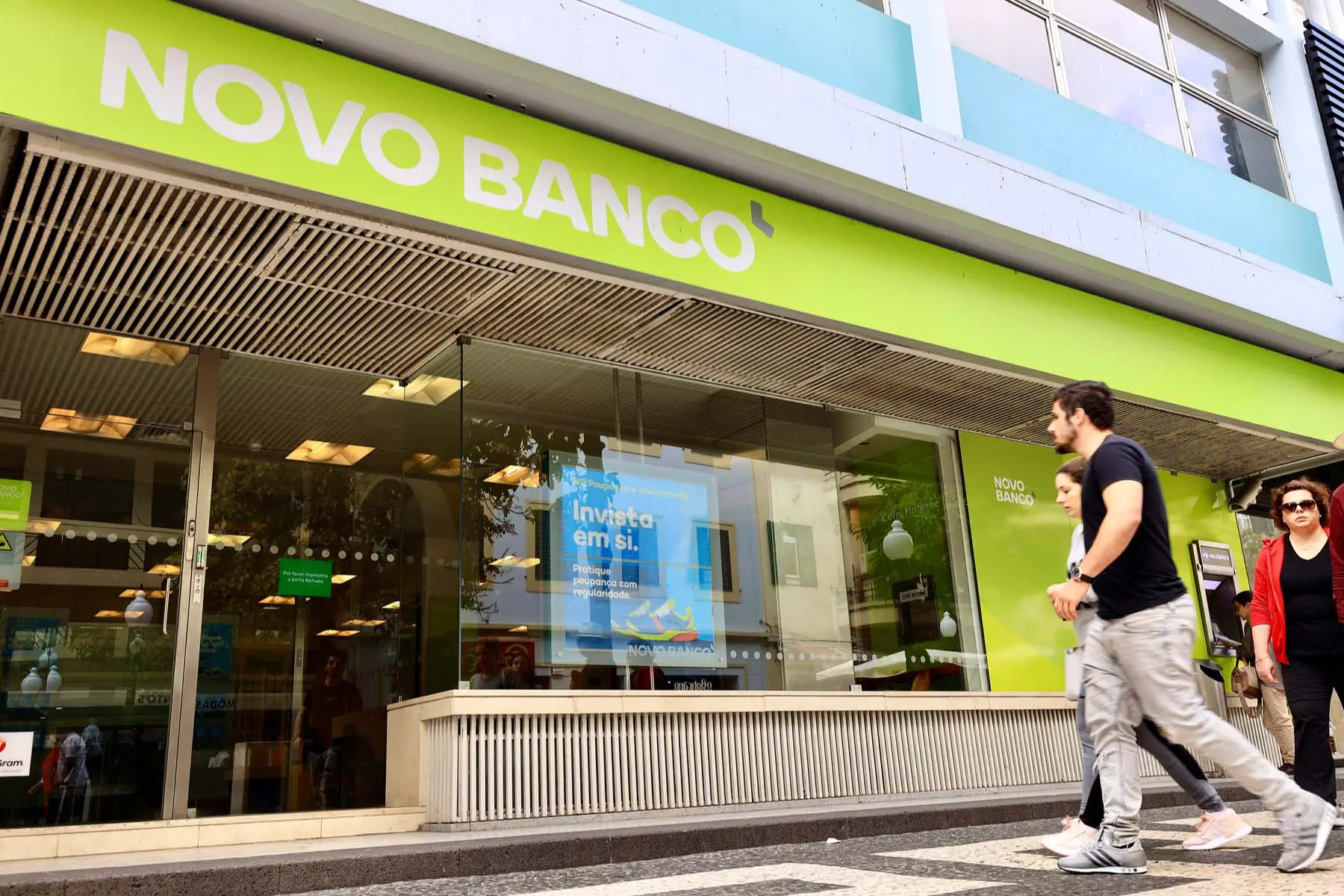
Despite its relatively small size, Portugal has a wide range of banking options for new arrivals. Major banks in Portugal include Novo Banco, Caixa Geral de Deposito, and Millenium BCP. The quickest way to open an account is by visiting your local branch, however, you’ll probably need some Portuguese language skills to make it work. Another option is mobile banking. These digital banks offer easier sign-up processes, which are typically online and in English. Mobile banks in Portugal include:
Also, if you need to transfer money from back home, then check out money transfer platforms such as CurrencyFair and Wise.
5. Get a Portuguese SIM card
Need a cheap and easy way to keep in touch with loved ones back home? Perhaps you want to stay connected with all your new friends in Portugal? Or maybe you’re taking the plunge and becoming self-employed? Whatever your reason, getting a Portuguese SIM card can make a huge difference in your life. This is especially true if you’re arriving from a non-EU country and your existing operator doesn’t offer free roaming in Portugal.

When it comes to getting hold of a Portuguese SIM card, you have two main options: buying a prepaid SIM card or signing up for a mobile contract. The Portuguese mobile phone market is a competitive place, and it’s essential that you find the right option for you and your usage. Portuguese mobile operators include:
- MEO
- NOS
- Vodafone
Whichever network you choose, be sure to download these must-have Portuguese apps during your first week in Portugal.
6. Find a job
Some new arrivals to Portugal will be lucky enough to already have a job secured before they reach the country. However, for many others, finding a job will be high on their list of things to do during their first week in Portugal. If that includes you, then it’s a good idea to research your options soon after you arrive and give yourself an idea of how the local job market functions. Generally speaking, you’ll find more opportunities if you look for jobs in Lisbon or Porto. However, if you know where to look, you can find jobs throughout the country.

Whether you end up in Aveiro or the Algarve, it’s a good idea to start your job hunt during your first week in Portugal. While this may sound a little daunting, there are a number of ways to make the process as smooth as possible. For example, it’s always a good idea to tailor your resume to the local Portuguese job market to give yourself the best chance of landing an interview. You can also check out the local online job sites to see what the market is like, such as our own Expatica jobs board. For more information, read our guide to finding a job in Portugal.
7. Sort out your transport
Whether you’ve moved your entire family to Faro or doing it alone in the Azores, one of the first things you’ll need to sort out during your first week in Portugal is your transportation. Naturally, your options will largely depend on where you live. For example, you’ll find accessible public transit systems in larger towns and cities such as Lisbon and Porto, which both have metro systems. The capital is also home to one of the world’s most picturesque tram networks. In other places, you’ll find rail and bus connections. You can also head out on two wheels. In fact, cycling is growing in popularity and is a great way to help you live more sustainably.
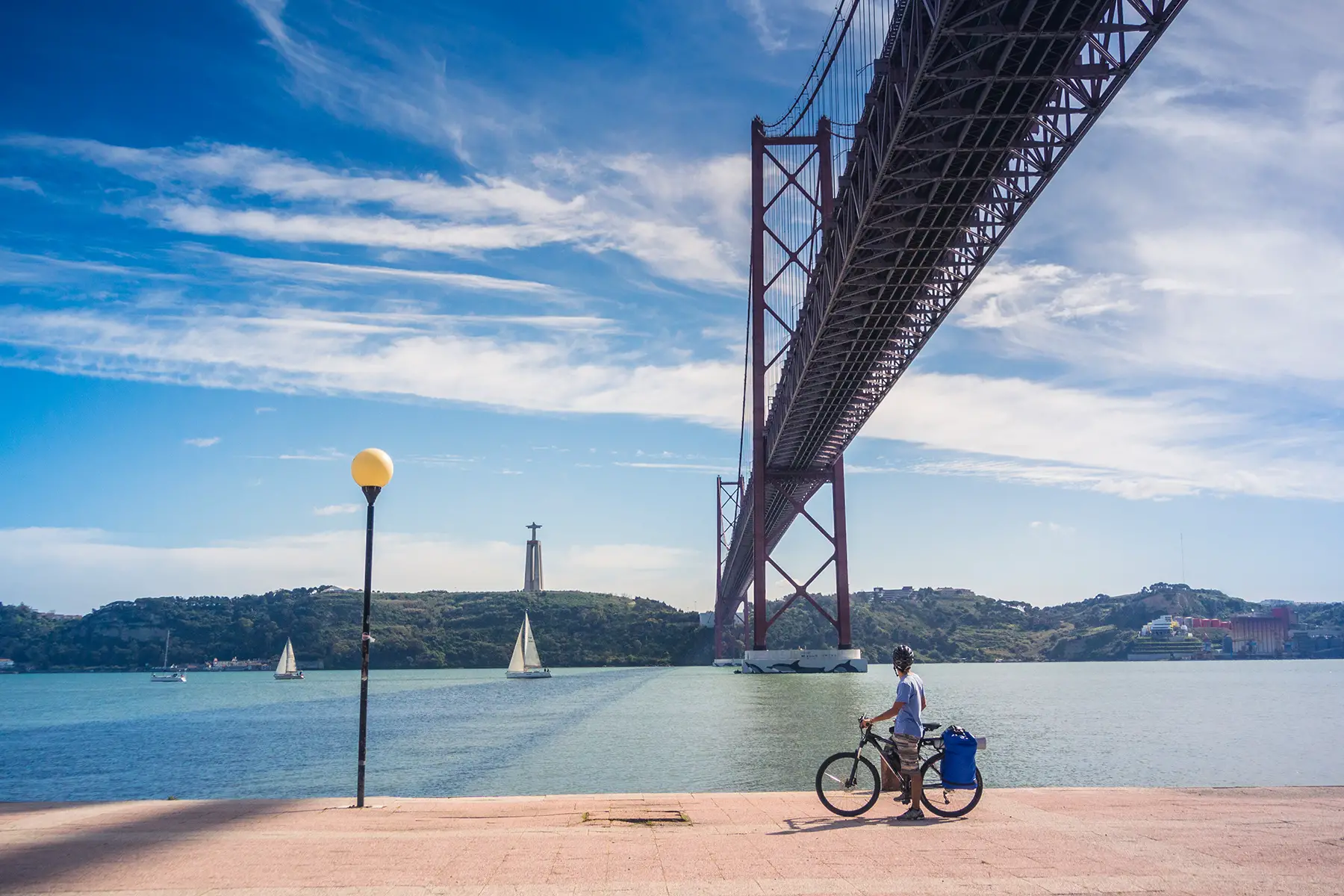
That said, some new arrivals in Portugal will need four wheels to get around, particularly if they live in more rural areas or some island communities which have limited public transport links. If you plan to get behind the wheel, make sure you read our guide to driving in Portugal. Notably, arrivals from other EU/EEA countries will be able to use their existing license in Portugal. However, if you’re planning to stay in the country long term, you should probably consider swapping it for a local license.
8. Get your new home connected
Once you have found a house or apartment in Portugal, you’ll need to transform it into a home. One of the first ways to do this is by sorting out all the relevant connections you need. Indeed, setting up your Portuguese utilities will be a top priority when you move in, and luckily, you have plenty of options based on your situation and needs. Some of the main Portuguese energy companies include:
- EDP
- Gold Energy
- Simples Energy
You’ll also need to set up an account with your local water provider. Some rental homes will already have these connections sorted. However, many will not. And if you’re looking for a flatshare, you will likely need to split the utility costs with your housemates.
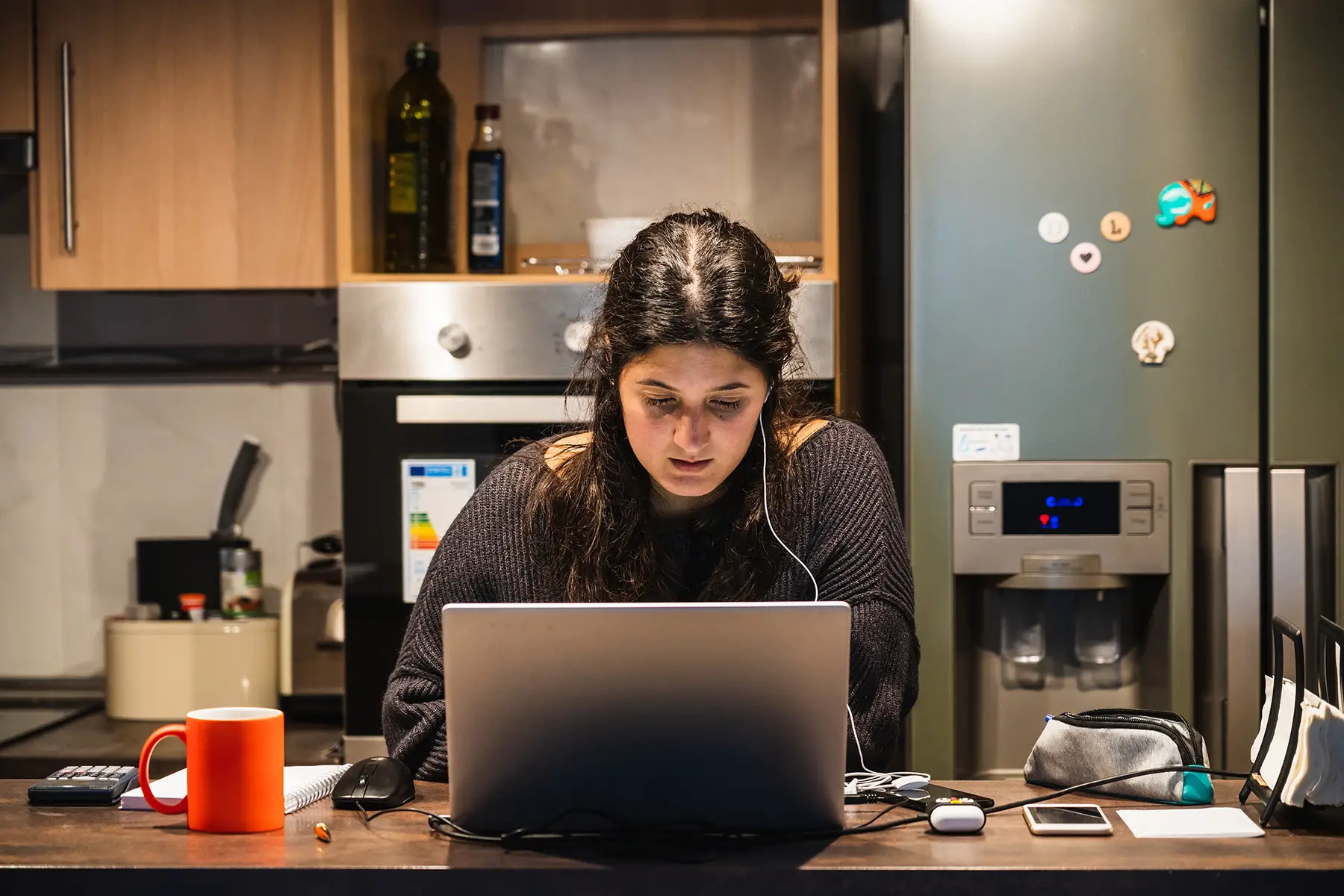
Once you’ve got some electricity at home, you can set up your other connections, including internet and home phone. Thankfully, this is fairly straightforward in Portugal, although there are a number of companies to choose from, including:
- Lazer
- MEO
- Vodafone
These providers also offer TV packages, which allow you to access shows and channels from Portugal and beyond. So make sure to do your research if you’re looking for certain channels, such as sports or kids TV.
9. Enroll the kids in school
If you’re relocating with children, then finding them a place in a local school will probably be high on your to-do list during your first week in Portugal. A good place to start is by researching the Portuguese education system ahead of time. This will give you an idea of what to expect when you arrive, as well as your options regarding schools. If you’ve decided to enroll them in a local Portuguese school, then contact your local municipality as soon as possible to help the process along. Public schools in Portugal are typically the cheapest option and a great way for your little ones to integrate into society.
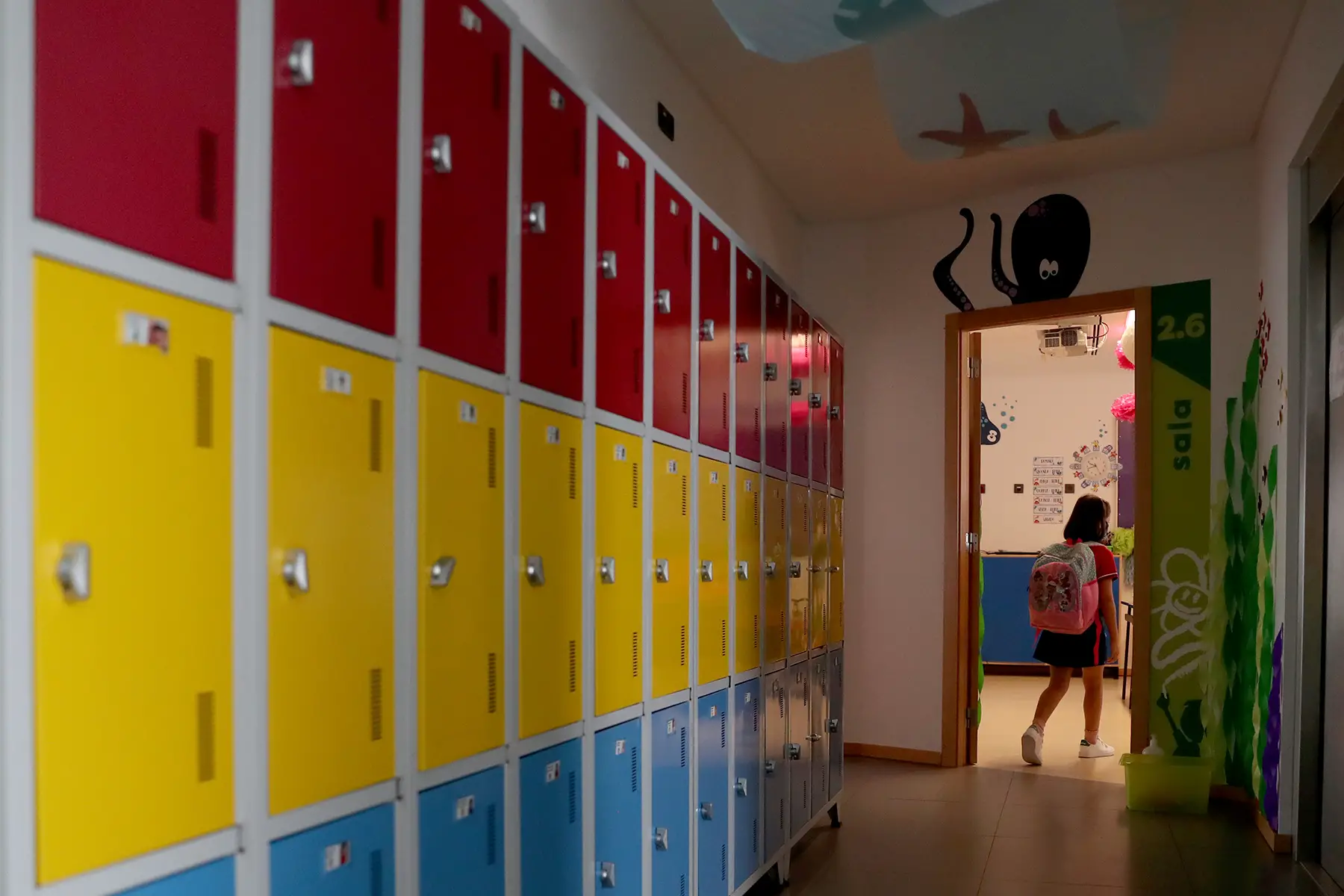
However, many international families prefer to enroll their children at an international school in Portugal. These typically offer more international education options, such as the International Baccalaureate (IB). If your kids aren’t school-age, though, you might want to look into childcare options during your first week in Portugal. You’ll be able to find international daycare centers in cities and towns that are popular with expats. Just bear in mind that places can fill up fast. If you want to brush up on your language skills, you can read more in our guide to learning Portuguese.
10. Get out there and enjoy Portugal
You’ll probably only move to Portugal once, so make the most of that all-important first week. Indeed, if everything else on this list seems like hard work, then don’t forget to give yourself some time to enjoy your new home, because there are plenty of things to see and do. Whether you want to hit the beach, explore the mountainous inland areas, or simply sit on the waterfront and watch the world go by while enjoying some fresh pastéis de nata, you’ve certainly got options.

If you’re in Lisbon, then why not check out a food market or ride the city’s picture-perfect tram network and get a feel for the beautiful Portuguese capital. And if you happen to be in Porto, be sure to sample the local port wines and marvel at the views over the Douro. And that’s not all. From hiking through the breathtaking island of São Miguel to soaking up the sun on a rugged Algarve beach, you won’t be left disappointed. So what are you waiting for? Get out there and enjoy your first week in Portugal.


